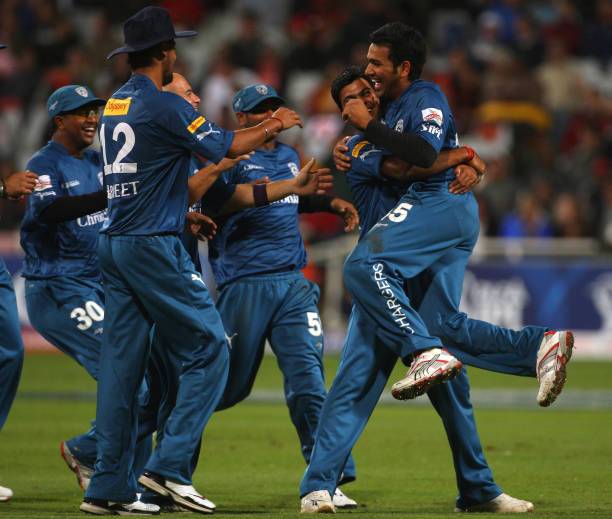The Role of IPL in Promoting Inclusivity and Diversity in Sport
Apbook, Apbook: The Indian Premier League (IPL) was inaugurated in 2008, aiming to revolutionize the landscape of cricket globally. It was the brainchild of the Board of Control for Cricket in India (BCCI) and Lalit Modi, envisioned as a high-octane limited-overs tournament that would showcase the best of cricketing talent. The format of franchise-based teams competing against each other brought a fresh and dynamic approach to the traditional cricket structure, attracting a massive audience right from its inception.
The amalgamation of cricketing prowess with glitz and glamour proved to be a winning formula, propelling the IPL into the echelons of success within a short span. The league’s unique model of combining international stars with local talent not only uplifted the spirits of young cricketers but also brought forth a new era of competitiveness and camaraderie. As the IPL gained momentum season after season, it not only became a cricketing extravaganza but also a symbol of unity, bringing together people from diverse backgrounds under the banner of sportsmanship and enthusiasm.
The Impact of IPL on Breaking Barriers
The Indian Premier League (IPL) has played a pivotal role in breaking barriers in the world of cricket. With its inception in 2008, the IPL introduced a new era of cricket that transcended geographical boundaries and brought players from various countries together on the same platform. This amalgamation of talent from different nations not only enriched the quality of cricket played but also fostered a spirit of camaraderie and unity among players and fans alike.
Furthermore, the IPL provided a platform for cricketers from non-cricketing nations to showcase their skills and make a mark on the international stage. Players from countries like Afghanistan, Nepal, and the Netherlands have been able to shine in the IPL, earning recognition and respect from fans worldwide. This level playing field created by the IPL has not only expanded the horizons of cricket but has also opened up avenues for talent from diverse backgrounds to excel and make a name for themselves in the sport.
The Representation of Different Cultures in IPL
IPL, with its diverse mix of international players, has become a melting pot of cultures on the cricket field. From West Indian flair to Australian aggression, and South African tenacity to Indian finesse, the tournament showcases a rich tapestry of cricketing talent from around the globe. These cultural nuances are not only reflected in the players’ styles of play, but also in their celebrations, mannerisms, and interactions on and off the field.
The presence of players from different backgrounds and cultures in IPL has not only enriched the tournament but also fostered a spirit of unity and understanding among cricket fans worldwide. It has allowed fans to appreciate and celebrate the diversity of cricketing talent, breaking down cultural barriers and promoting a sense of inclusivity and acceptance. The IPL serves as a platform where players from diverse cultures come together to compete, learn from each other, and ultimately form lasting bonds that transcend geographical and cultural boundaries.
• The IPL showcases a mix of West Indian flair, Australian aggression, South African tenacity, and Indian finesse on the cricket field.
• Cultural nuances are reflected in players’ styles of play, celebrations, mannerisms, and interactions.
• The presence of players from different backgrounds has enriched the tournament and fostered unity among fans worldwide.
• Fans appreciate and celebrate the diversity of cricketing talent in IPL, promoting inclusivity and acceptance.
• IPL serves as a platform where players from diverse cultures come together to compete, learn from each other, and form lasting bonds.
How has the IPL impacted the representation of different cultures in cricket?
The IPL has played a significant role in bringing together players from various cultures and showcasing the diversity within the sport.
What is the historical context of the IPL?
The IPL was established in 2008 as a professional Twenty20 cricket league in India, with the aim of promoting cricket and providing a platform for players from different backgrounds to showcase their talent.
How has the IPL helped in breaking barriers between different cultures?
The IPL has provided a platform for players from different cultures to come together and compete as equals, helping to break down barriers and promote cultural exchange within the cricketing community.







